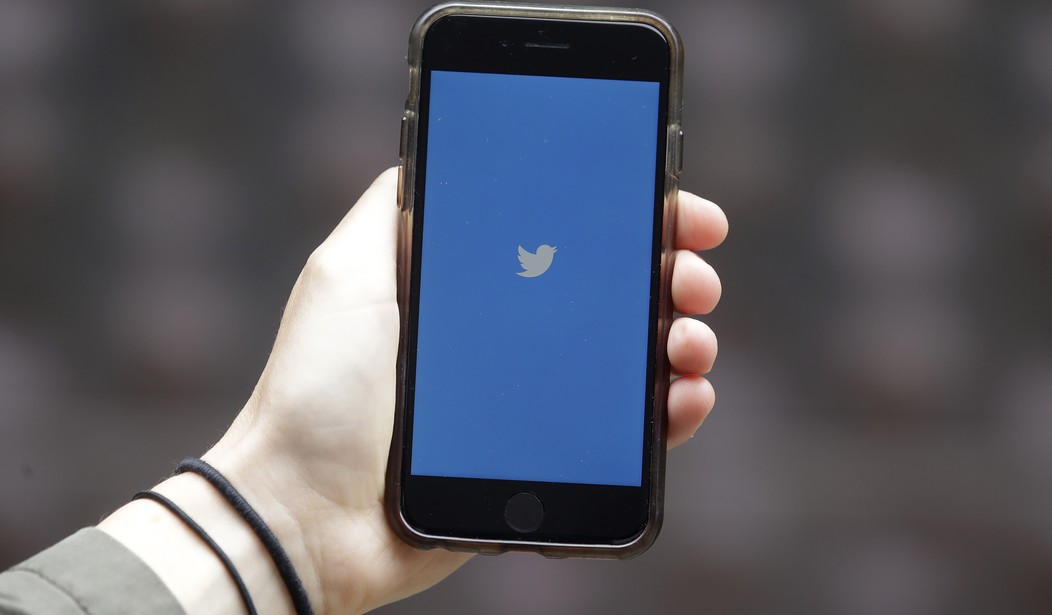Recently, liberal feminist author Naomi Wolf was banned from Twitter for publishing what the BBC described as “anti-vaccine misinformation.”
One would think that, if Wolf’s views on vaccines were mistaken, then the answer would be to explain why she is wrong, to correct bad speech with good speech. Twitter, however, does not believe its users capable of deciding the truth for themselves, and so it promptly banned Wolf.
The banning of Wolf’s account is, of course, the latest in a long line of such actions by Twitter. Furthermore, Twitter has been using a number of other, subtler tools to dissuade certain lines of dialogue on their platform, such as placing tags of shame on posts containing wrongthink.
It is debatable as to whether any of this violates the letter of the law, but conservatives who argue about tech monopolies and Section 230 risk missing the larger issue. Widespread banning on social media represents an assault on the very spirit of free speech itself.
Freedom of speech is not merely a legal principle enshrined within the First Amendment, but a cultural value necessary for sustaining a free society. It is based on a very simple notion: that human beings are rational creatures capable of discerning good ideas from bad ones, that the truth is discoverable via free and open debate, and that if all ideas are allowed to be heard, the better ones will ultimately prevail – not always, and not everywhere, but often enough to be worth it.
Freedom of speech also, conversely, requires a certain element of humility, an acknowledgment that no one person or group has all the truth, and even the most widely accepted ideologies are subject to criticism. This was the argument laid out by John Stuart Mill in his essay On Liberty, well worth reading in its entirety.
It was with optimism towards free speech that the internet was launched, with the hopes that when virtually all human information was made easily accessible to the global population, the best ideas would rise to the surface. This was a value initially embraced by Twitter, “the free speech wing of the free speech party.”
Recommended
And it worked. In her book Unfollow, Megan Phelps-Roper credited Twitter, back in its early-2010s free speech days, for helping her to leave the Westboro Baptist Church: “Instead of booting me from the platform for ‘hate speech,’ as many had demanded, it had put me in conversation with people and ideas that effectively challenged beliefs that had been hammered into me since I was a child.”
So, what changed? It is simple: in 2016 the marketplace of ideas rendered a verdict that the social media bosses did not like, with the Brexit-Trump double whammy. To the tech elite, and to most others on the left, Donald Trump was so self-evidently wrong as to be laughable… and yet he won in 2016, and received even more votes four years later. All of a sudden, nationalism was rising to the top of the public discourse!
This has led to a widespread rejection, by the globalist-minded, of the logic of free speech. Many of them see a new and terrifying world in which “misinformation” has a quasi-mystical power to hypnotize and deceive. The common people simply cannot figure out the truth for themselves, and so they need to be guided, with bad voices culled from the public discussion.
By abandoning the notion of free speech, these figures are also abandoning the notion of the human being as a rational creature, one capable of weighing multiple arguments and deciding on the stronger one. They have reduced humans, in their estimation, to creatures no better than beasts. Of course, those who dismiss human reason rarely entertain the possibility that they, too, may be irrational, no more fit to guide the masses than the masses are to guide themselves.
This attitude has been amplified over the past year. During a pandemic, the reasoning goes, misinformation crosses the line from dangerous to deadly. Human lives are at stake, and those who encourage skepticism of the public health authorities are accessories to murder. Once a sufficient level of moral certitude has been achieved, any amount of repression is justified – or so censors throughout history have told themselves.
Unfortunately for Twitter, censoring an idea does not get rid of it. If anything, by acting as though they have something to fear from “anti-vaxxers,” Twitter is sowing doubts about the safety of vaccines that might not otherwise have arisen. Until they can once again have faith in the discernment of the general public for whom their platforms were first developed, the social media titans will continue to lose the faith of that selfsame public.

























Join the conversation as a VIP Member